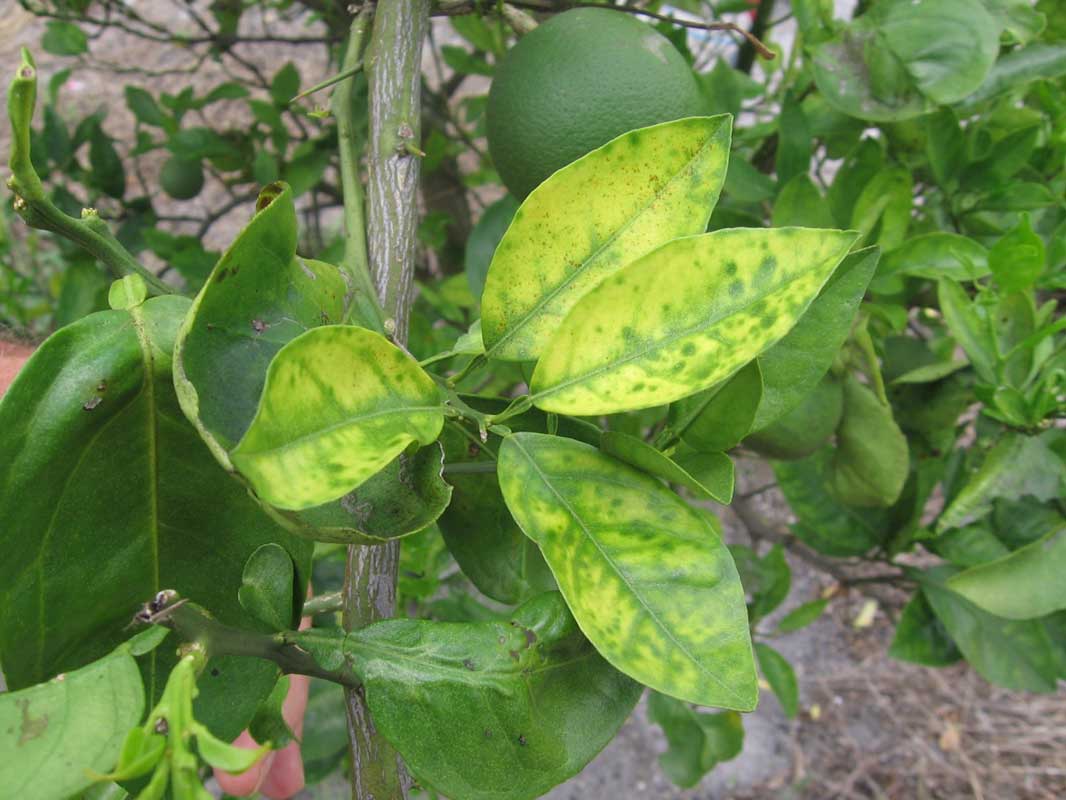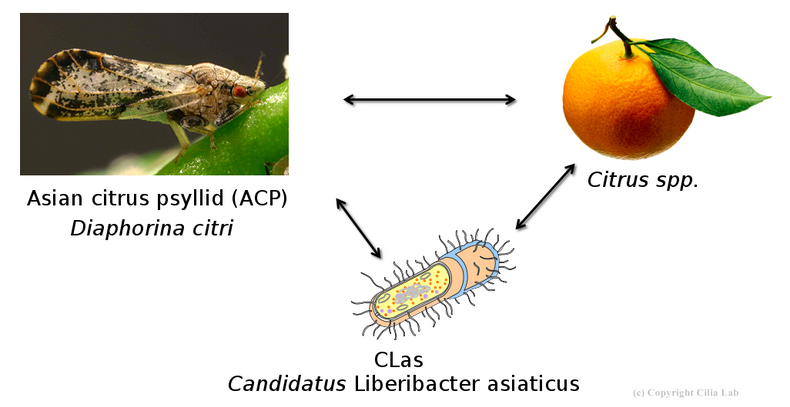
Citrus greening disease is a major threat to the citrus industry worldwide, and it is caused by a phloem-limited bacterium called Liberobacter asiaticum. The bacterium is transmitted by the Asian citrus psyllid, Diaphorina citri Kuwayama, a tiny insect that feeds on the phloem sap of citrus plants. The disease can cause stunted growth, yellow shoots, and premature fruit drop, resulting in reduced fruit quality and yield. It has become a serious concern for citrus growers, especially in southern Florida, where the disease has caused significant economic losses.
To combat the spread of citrus greening disease, researchers at the USDA-ARS, U.S. Horticultural Research Laboratory in Fort Pierce, Florida, have been studying the effectiveness of sucrose octanoate on nymphal and adult D. citri. Sucrose octanoate is a synthetic analog of natural sugar esters found in the leaf trichomes of wild tobacco, Nicotiana gossei Domin. The compound has insecticidal properties and has been shown to control other pests in the citrus industry, including the Asian citrus leafminer and mites.
The researchers conducted laboratory and spray booth bioassays to determine the insecticidal activity of sucrose octanoate on nymphal and adult D. citri. The results showed that both nymphal and adult D. citri, as well as the mite complex tested, were equally controlled at concentrations of >90% at the higher concentrations of sucrose octanoate. The key to efficacy was good coverage.
The researchers also conducted field trials in Fort Pierce, Florida, in 2000 to determine the activity of sucrose octanoate on D. citri and other citrus pests. The rates tested ranged from 400 to 8000 ppm (0.1-2% formulated product). The results showed that sucrose octanoate was effective in controlling D. citri and other citrus pests.
In conclusion, sucrose octanoate shows promise as an effective solution to combat citrus greening disease. Further research is needed to determine the optimal concentration and application rate of sucrose octanoate for different citrus pests and to evaluate its impact on the environment. However, the results of this study suggest that sucrose octanoate could be a valuable tool in the fight against citrus greening disease.

